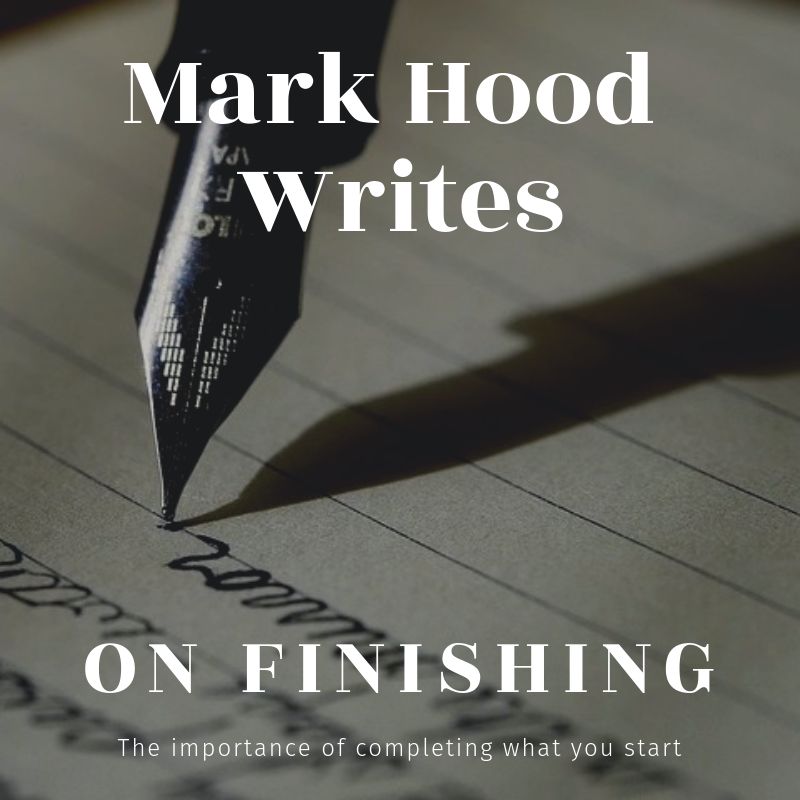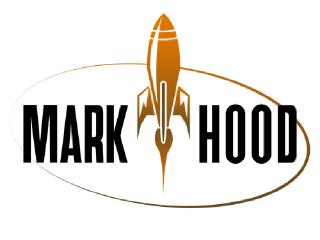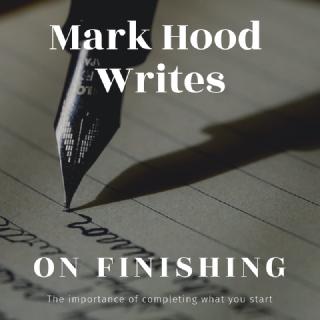I recently finished the first draft of my novel, and I have to tell you it’s a great feeling.
I blogged about it here , if you want to read about it.
And while being careful not to blow my own trumpet, it’s actually quite an achievement - most people who set out to write a novel never finish. The exact figures vary somewhat - anything from 72% to 97% has been quoted, and I can see why. Part-way through you get to a point where something needs to happen: maybe you can’t see what, maybe you think you can fix it by going back and re-working something earlier… so you start over. And that’s very appealing - you will probably always have ideas as the work develops which require a change earlier on to make it work. However this can lead to you constantly restarting over and over as your ideas change - something that’s more likely if you haven’t fully outlined your novel before you start. And if you never get to the end it’s very easy to lose interest or motivation… or even just run out of time to work on it.
This novel started life as a NaNoWriMo project and one of the unwritten rules of their community is not to go back - to silence your ‘inner editor’ - and it’s one I can definitely get behind. If you spot an error or an opportunity for improvement, just make a note of it and keep going. The first draft doesn’t even have to make sense necessarily, and it almost certainly won’t be ‘good’. But that’s not the point of it - it’s to have something to work on and improve. I’ve used this quote before but I’ll still re-use it:
You can always edit a bad page. You can’t edit a blank page.
Jodi Picoult
Now all of this is my opinion, and while it might well be shared by many others there are at least as many authors out there who would tell you to write the absolute best first draft you can so you have less work to do later. I say it’s not truly a choice between one or the other: you can work however you like, and in reality I work using a combination of both approaches. I don’t make any large edits as I go, but I do try and write each chapter as well as I can at the time. Some people advocate not even correcting typos as they go but I find that seeing them is too distracting, so I ensure that what I have is at least readable, even if I leave giant plot holes and changes in direction in the manuscript. I do mark where that happens though so when I come back to edit I will be able to see that straight away!
This lets me keep going - and eventually get to the end. I know that there will be changes to make, possibly big ones, but you have a complete book to read and improve. There are many quotes from authors which are variations on the theme that you often don’t know what your book’s about until it’s done - and whether you believe that or not it can’t hurt to be aware of the whole story before you start editing.
However you do it, I definitely think that reaching the end of whatever it is you’re doing is a huge milestone, and no-one can argue that it’s not a vital part of the creative process. If you don’t finish something, no-one else can ever see it.
I’ll close with a quote from my ‘role model’ author, Neil Gaiman - from a longer article about how to get published:
How do you do it? You do it.
You write.
You finish what you write.
Neil Gaiman


